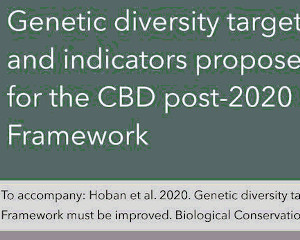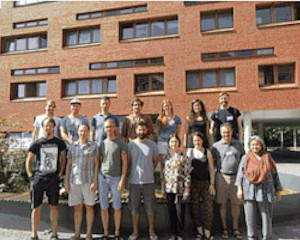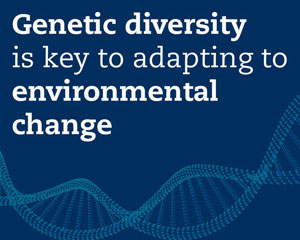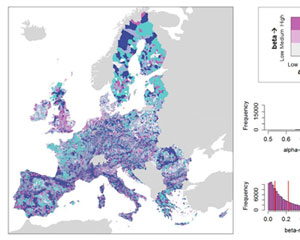Authors: Walter Jetz, Jennifer McGowan, D. Scott Rinnan, Hugh P. Possingham, Piero Visconti, Brian O’Donnell and Maria Cecilia Londoño-Murcia Abstract: Advances in spatial biodiversity science and nationally available data have enabled the development of indicators that report on biodiversity outcomes, account for uneven global biodiversity between countries, and provide direct
Include biodiversity representation indicators in area-based conservation targets






